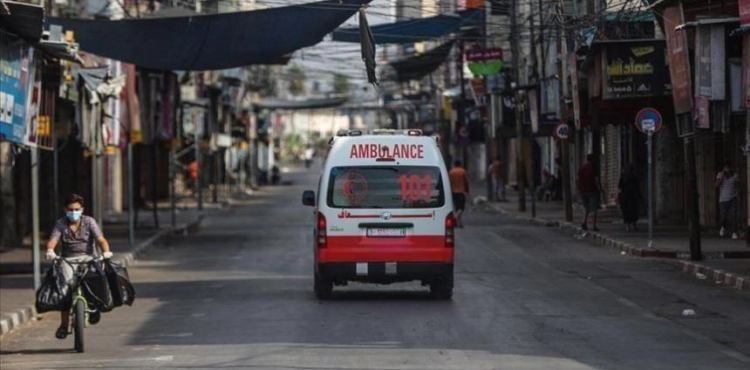Rami Al-Abadla, Director of the Infection Control Unit at the Ministry of Health in the Gaza Strip, said today, Saturday, that there has been a noticeable increase in the number of injuries since the beginning of this month, with an average of almost 7 cases diagnosed daily in a dangerous and critical way.
In an interview with a number of journalists, Al-Abadala pointed out that the number of cases between severe and moderate reached 150, which means entering Gaza in the stage of great danger, indicating that the cases last month ranged between 18 to 26.
He pointed out that the number of positive cases has now reached the percentage of examinations to about 21%.
And he indicated that the Ministry of Health in Gaza does not have any capabilities to determine the boom, whether old or new, or the existence of a boom in the sector, noting that the world deals with the same treatment protocol with all the mutations.
"The medical system has greatly benefited from the postponement of the virus’s entry into the Gaza Strip, and it gave us sufficient time to prepare and equip, and the European hospital was prepared and oxygen was transported to it," Al-Abadla said.
He added, "The first wave was a set of controls, including the closing of halls and the night ban, but the second wave came in the absence of full commitment, which raises fear of the spread of the epidemic."
The official at the Ministry of Health in Gaza indicated that the ministry had previously agreed to reduce the procedures within the framework of specific standards, indicating that a set of recommendations had been submitted to the competent authorities, but they did not want to reach the stage of comprehensive closure, but with the possibility of imposing a closure on Friday and Saturday and wedding halls. And tightening detective procedures on malls and shops.
And he indicated that next Friday may be the last time for the movement of citizens to be allowed, after that Friday´s closure will be comprehensive for all, calling on citizens to adhere to the preventive measures.
"The epidemiological situation will impose on us the quality of measures for the month of Ramadan, and this depends on the citizen´s awareness and commitment," he said.












